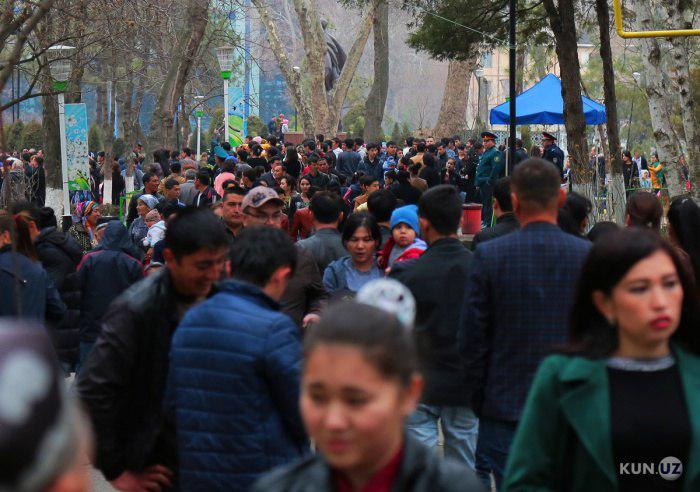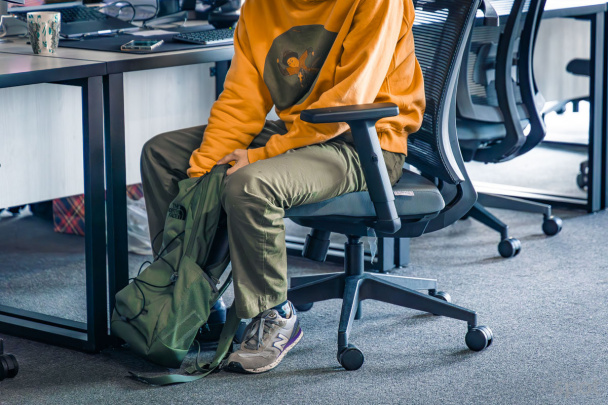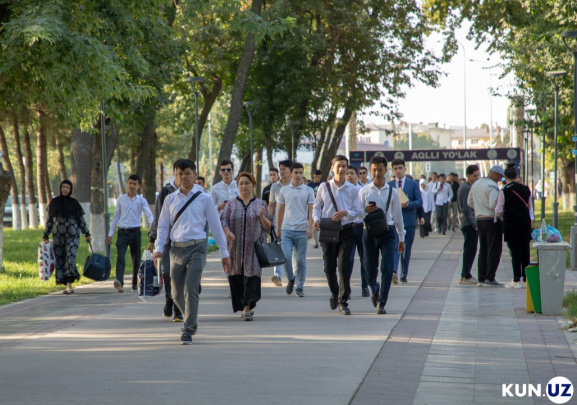Study on domestic migration in Uzbekistan: 90% of population is against residence permit regime

In terms of internal migration, Uzbekistan has one of the lowest rates in the world. Urbanization indicators have been stagnant since 2009. The study, carried out by the World Bank researcher William Seitz, speaks about this.
The author cites two main obstacles to internal migration: the “propiska” (residential permit) regime and the relatively high cost of living in the city compared to rural areas.
As it turned out, living expenses in Tashkent are 5.5 times higher than the average throughout Uzbekistan. This means that virtually all citizens living in rural areas cannot afford to live in the capital.
In 2018, the average salary in Tashkent was 88% higher than in rural areas, and 61% higher than the national average.
According to the research, about 90% of the population supports the abolition of all registration restrictions.
It is noted that the activation of urbanization cannot be achieved only by terminating the “propiska” regime. To do this, it is necessary to increase the pace of building affordable housing in cities. Polls show that more than 80% of Uzbeks agree with it.
According to the researcher, the slow pace of migration has a negative impact on the growth of labor productivity and employment rate in the country.
The study has recommended the following measures:
• to build affordable rental housing in cities and form a rental housing market (based on the experience of Singapore, Hong Kong and China);
• to secure real estate inviolability (which, in turn, encourages investors to build housing);
• to allocate targeted subsidies for both residential construction companies and clients;
• to pay special attention to urban planning (location of schools, hospitals and other social facilities).
Related News

19:29 / 11.02.2026
Uzbekistan launches $100 million employment initiative with World Bank support

11:17 / 24.01.2026
World Bank approves $1 billion program to create Central Asia’s first regional electricity market

11:40 / 15.12.2025
World Bank approves $250 million loan to reform student financing in Uzbekistan

17:02 / 22.11.2025




